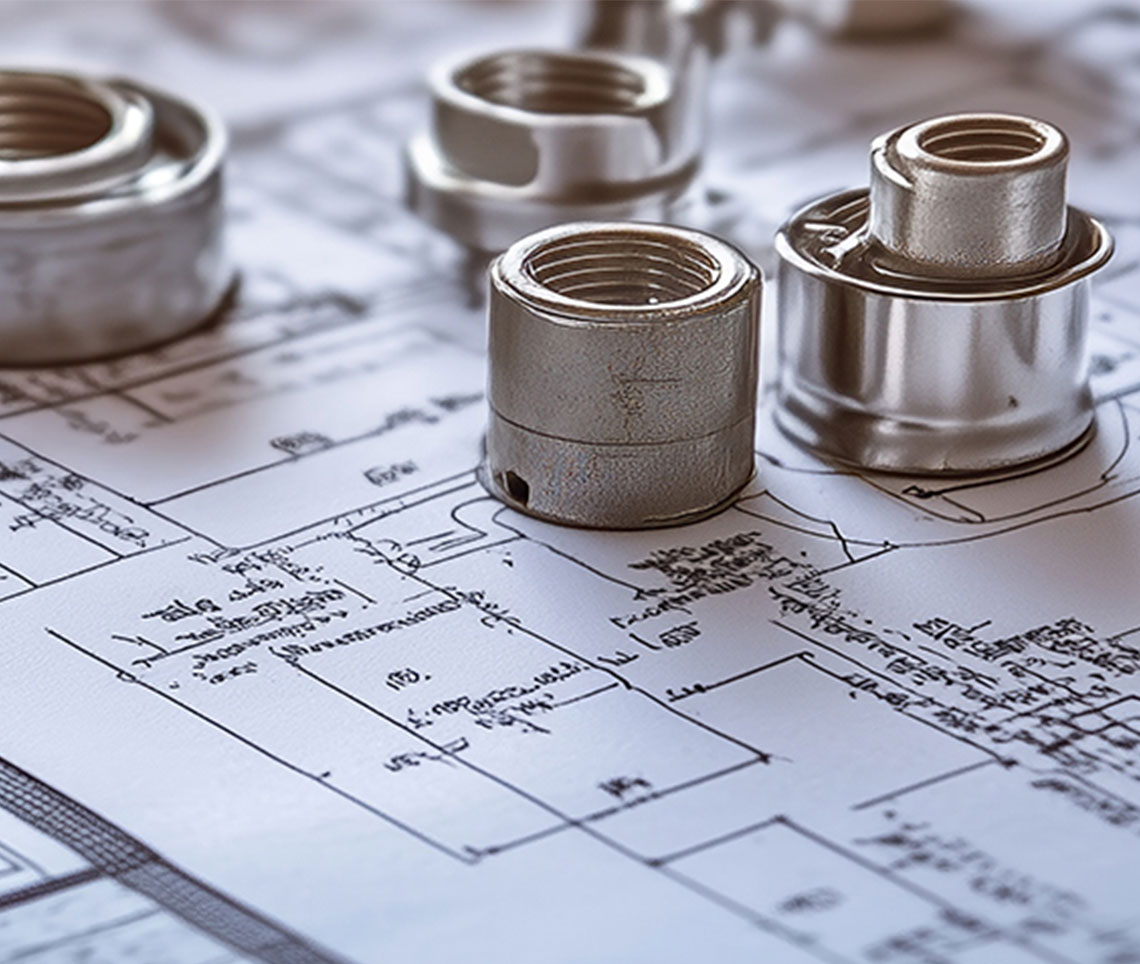Water Softeners & Water Heaters
May 23, 2019 Bradford White
There are other elements in water besides H2O, such as calcium and magnesium. The concentration of these minerals depends on geographical location and the water source (municipality or a private well). A high concentration of these minerals is what commonly creates the condition known as "hard water."
Hard water can be a nuisance, clogging or corroding pipes and fixtures, thus ultimately impacting the comfort of your shower or bath.
The installation of a water softener is a common solution to this issue.

How Does a Water Softener Work?
A softener replaces the calcium and magnesium ions with sodium ions.
The Problem
The exchange of calcium and magnesium ions for sodium ions results in the water being more conductive. Higher conductivity of the water will cause the water heater's anode rod to deplete more rapidly. Once the anode rod is depleted, the tank is more susceptible to corrosion and may not be covered by the manufacturer's warranty. Routine inspection and replacement of the anode rod will extend the life of the water heater.
The Solution
Bradford White's operation manuals recommend the inspection of anode rods every two years. If using a water softener it is important to inspect the anode rod more frequently and to replace it if necessary.
The anode rod is a crucial part to ensure the longevity of a water heater.















